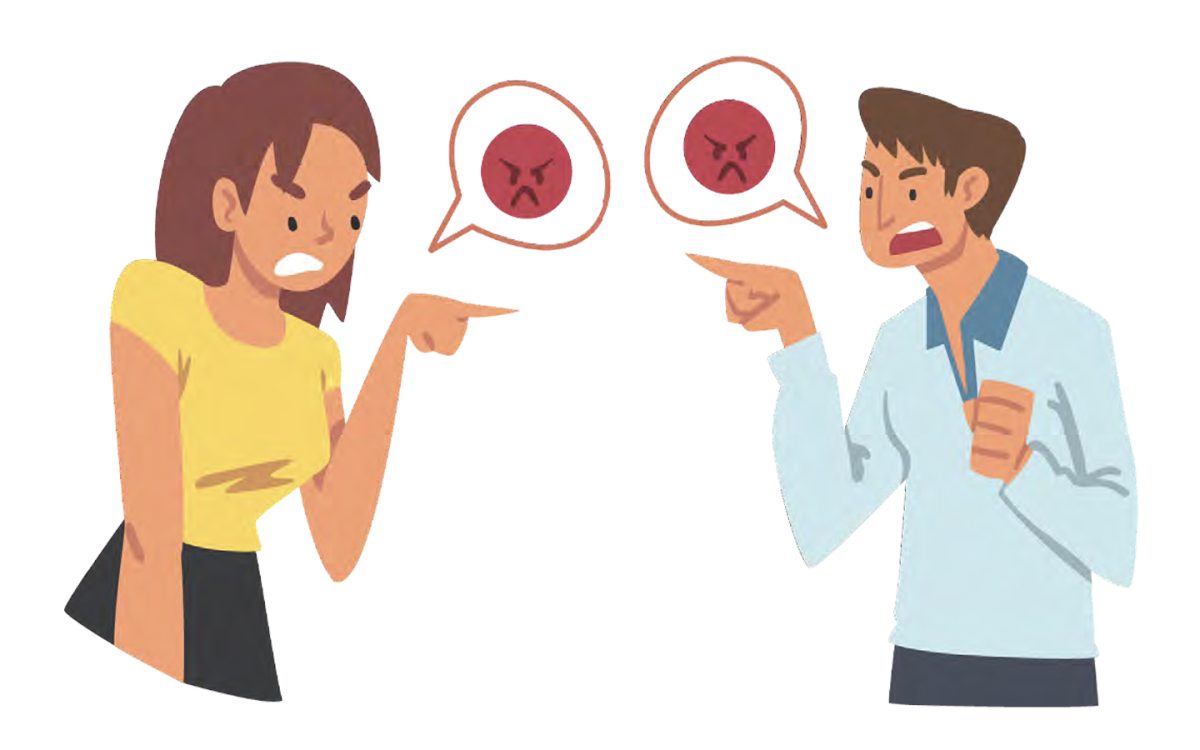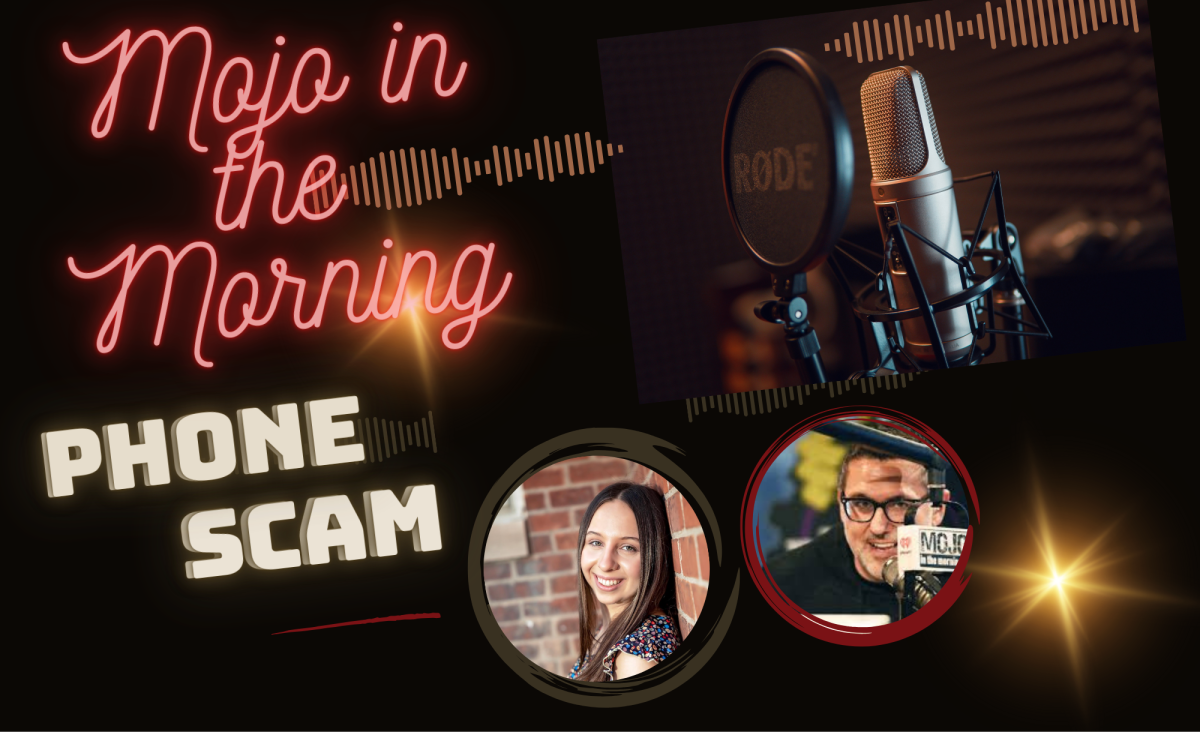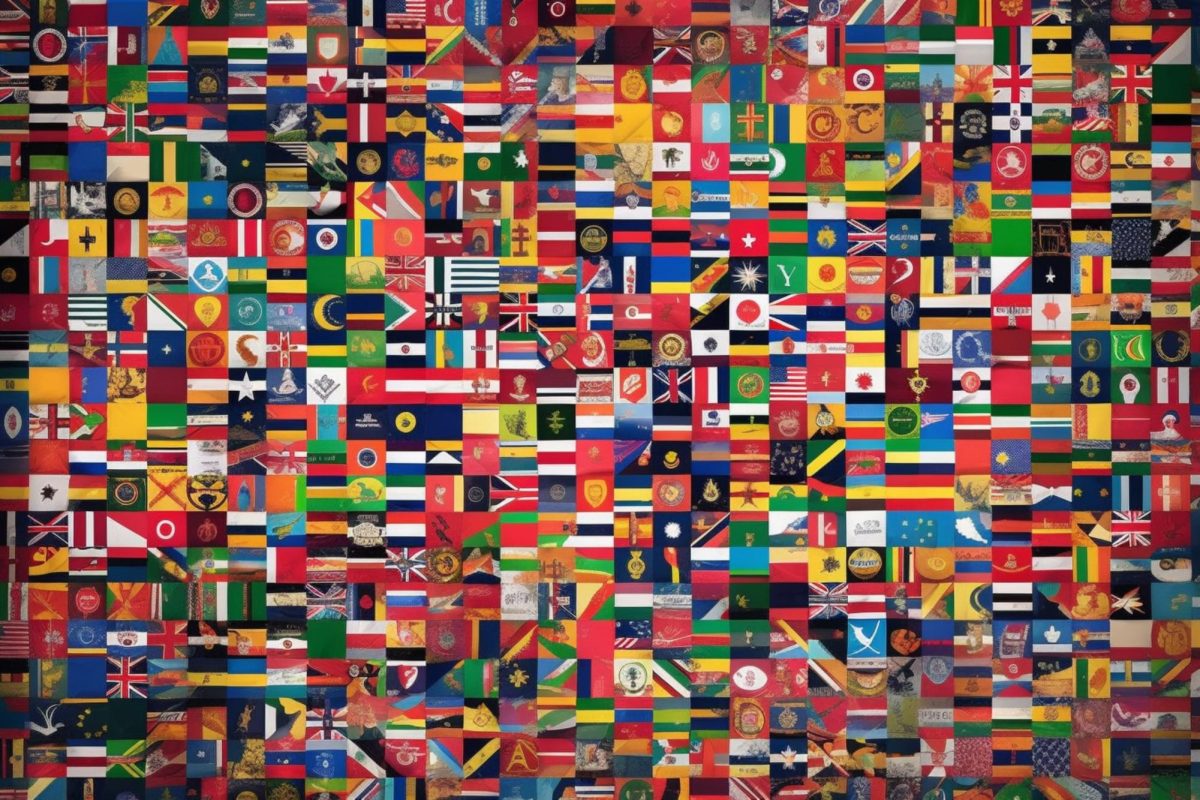In April of last year, Tesla CEO Elon Musk made headlines when he announced his plans to buy the well-known social media platform, Twitter. After creating mayhem on the platform, Musk finally acquired Twitter for about $44 billion.
Since then, Musk brought drastic changes to the former bird app. Once Musk took over the company, top executives were fired and a wave of layoffs was created.
The app, now titled X, has a subscription service which allows users to obtain a blue checkmark, readers can add community notes to other tweets, and more recently, Twitter Circles have been disabled.
Musk has also been very open about other features he plans to add or erase. Most controversially, he has expressed his dislike for the block button. “Block is going to be deleted as a ‘feature,’ except for DMs,” he wrote in a tweet. “It makes no sense,” he continued. While Apple and Google both require social media platforms to give users the ability to block other users in order for the app to be available on their stores, Musk’s tweets still caused massive outrage and backlash from Twitter users across the board.
There could be a plethora of reasons behind Musk’s opinions about the block button, such as advertisement revenue, but it seems as though his dislike of the feature arises out of a concern for the lack of visibility of his account and the content he engages with.
For a while now, Musk has portrayed himself as a defender of free speech in the United States. Since then, Musk has been praised by right-wing accounts and groups for reinstating the accounts of conservative journalists as well as former President Trump’s account after its suspension in 2021 following the Jan. 6 insurrection.
Within this year, one account with over a million followers called End Wokeness, also praised Musk’s apparent dedication to protecting X users’ freedom of speech. “In a matter of months, [Elon Musk] turned [X] into one of the safest havens for free speech on the internet,” the account wrote in one tweet. “Wokeness in an ideology built on the censorship of opposing views. Once the floodgates of free speech are opened, wokeness dies,” they said in another. It’s clear Musk has become popular within right-wing spaces, and he has repeatedly engaged and interacted with the End Wokeness account, one whose content consists of transphobic and borderline racist tweets.
Musk and his followers may see themselves through a heroic lens as protectors of freedom of speech, but it seems as though their idea of free speech is simply the ability to be openly bigoted without facing serious repercussions for it.
Accounts like End Wokeness and LibsofTikTok, both of which are subscribed to X’s premium service, often target videos about people who belong to marginalized communities, twist their words and ridicule them before their millions of followers.
These accounts create spaces overflowing with hatred for historically oppressed groups of people with no regard for the very real-life consequences. LibsofTikTok alone has become notorious for being the root cause of bomb threats towards hospitals and schools that show a nickel of support for the LGBTQ+ community or attempt to create an inclusive environment. Simultaneously, the X account complains about people getting fired or receiving criticism for hateful and bigoted comments.
The numbers are not on Musk’s side either. According to a study released by the Center for Countering Digital Hate in late 2022 shortly after Musk took over Twitter, the number of posts with an anti-Black slur tweeted per day had more than tripled to nearly 3,900, tweets using homophobic slurs had increased by 58 percent, those with transphobic slurs had increased by 62 percent, and a 33 percent increase in tweets using derogatory terms towards women.
A few months after the study was published, X filed a lawsuit against the non-profit. It’s clear none of these people are interested in the protection of free speech. Instead, they seem to be far more interested in preserving their ability to incite hatred and bigotry without facing proper consequences or accountability.
While non-profit organizations, journalists, activists, leaders and students fight against the hatred these accounts sponsor, risking their futures, careers and safety for the mere betterment of society, the people behind these accounts get away with barely a slap on the wrist. Perhaps it is time for these accounts to consider that the status quo does not censor nor will it ever persecute the people who serve it, but the people who oppose it.














